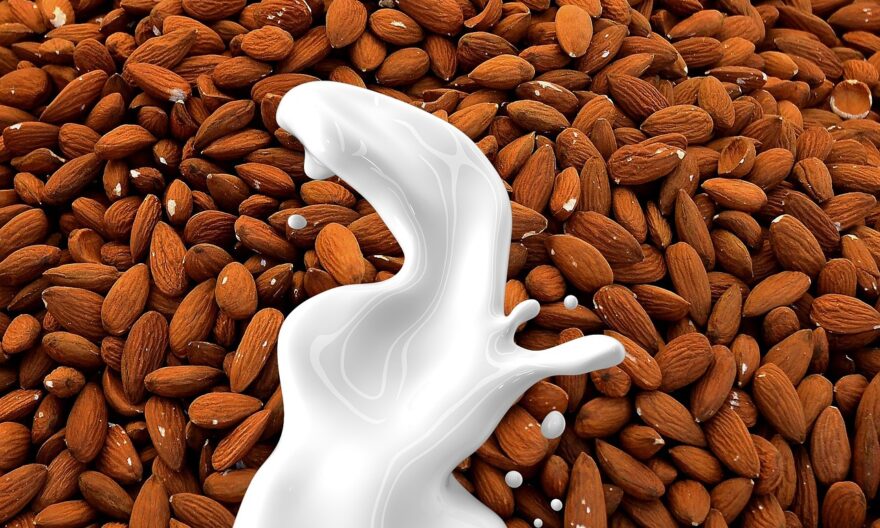
More people have switched to a plant-based diet in recent years for environmental or health reasons. This has meant increased demand for alternatives, and the global milk substitutes market is now valued at $19.5 billion, which is larger than the meat substitute market.
Plant-based milk alternatives like oat milk, cashew milk, almond milk, and hazelnut milk have become very popular in recent years, leading to calls for clear packaging for shoppers.
As part of efforts to make things as easy to understand as possible, the Food and Drug Administration (FDA) has recommended that the industry make some changes to the packaging and nutrition labels on plant-based milk products.
In a news release, the FDA said it had produced draft guidance for plant-based milk products. It says that manufacturers can continue to label their products as “milk”, providing the label makes it clear what it is made from and how it is different from a traditional milk product.
The different options like hemp seed milk, coconut milk, soy milk, and flaxseed milk, often have vastly different nutritional content from dairy milk, and from other types of plant-based milk.
Under the new guidance, plant-based milk alternatives would need to have labels that clearly show the nutritional differences between their product and traditional milk, including how the vitamin or calcium levels compared to dairy milk options.
At the moment, the recommendations are still in a draft phase, which means that companies selling plant-based milk can choose to update their labelling, but it’s not compulsory.
According to the FDA, “Today’s draft guidance was developed to help address the significant increase in plant-based milk alternative products that we have seen become available in the marketplace over the past decade.
The draft recommendations issued today should provide consumers with clear labelling to give them the information they need to make informed nutrition and purchasing decisions on the products they buy for themselves and their families.”



